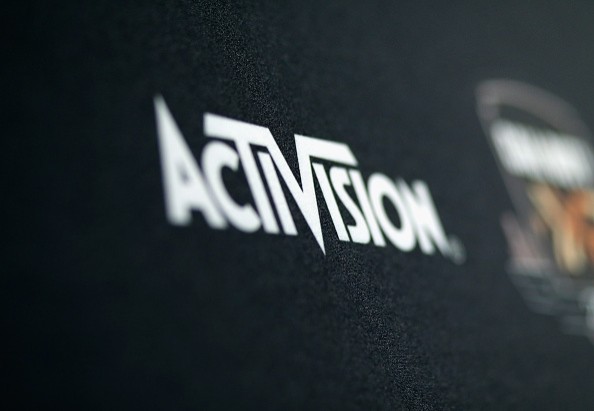
Microsoft prevailed in a private consumer antitrust case challenging its planned $69 billion acquisition of Call of Duty developer Activision Blizzard. On Monday, Mar. 20, the plaintiffs were granted 20 days to amend their legal argument.
Case Dismissed
In a report by Reuters, a federal court in San Francisco has concluded that the plaintiffs' assertion, saying the proposed acquisition will hurt market competition, "lacks allegations." The plaintiffs are a group of video game players.
The plaintiffs' broad claim that the merger may lead to "higher prices, less innovation, less creativity, less consumer choice, decreased output, and other potential anticompetitive effects" is insufficient, based on US District Judge Jacqueline Corley.
Plaintiffs' lawyer Joseph Saveri told Reuters they will file an updated case with supplemental factual details to "address all of the ways in which the judge indicated we need to allege more."
Corley canceled the hearing to decide whether to award a preliminary injunction. On Apr. 12, there will be a status hearing.
As per Rueter's report, case number 3:22-cv-08991 has been filed in the US District Court for the Northern District of California involving Demartini and Microsoft. Attorneys Joseph Alioto and Joseph Saveri from the Alioto Law Firm and the Joseph Saveri Law Firm, respectively, are representing the plaintiffs.
Legal Opposition
Since Microsoft remarked in January 2022 that it planned to purchase Activision Blizzard, it has been met with legal opposition from publishers, customers, and government authorities. The company is now under investigation for anticompetitive practices in both the European Union (EU) and the UK.
To make it clear, though, the ruling in the dismissed gamers' lawsuit has no bearing on the FTC's regulatory challenge against the largest-ever gaming sector merger in the US. Notably, private individuals may challenge mergers and acquisitions under US antitrust law, in addition to the government. The FTC has set a hearing for the evidence to be presented in early August.
With the acquisition, Microsoft would become the sole owner of some of the gaming industry's most valuable assets, such as the massively multiplayer online game World of Warcraft and the phenomenally popular Call of Duty franchise, developed by Activision. Despite this, Microsoft insists the merger will not hurt the industry as a whole.
In Support of the Bid
Even while the purchase has been met with opposition from certain sectors of the gaming business, many are in favor of it.
Game Rant reported that a group that had sued Activision Blizzard for union busting has now persuaded EU antitrust regulators to support Microsoft's takeover of the publisher. This is on the grounds that the deal would strengthen the global gaming labor market.
This is Microsoft's latest court victory in its pursuit of Activision Blizzard. Microsoft may still have to negotiate with EU officials to complete the deal, but the potential of Microsoft owning the video game company is growing.

ⓒ 2025 TECHTIMES.com All rights reserved. Do not reproduce without permission.




